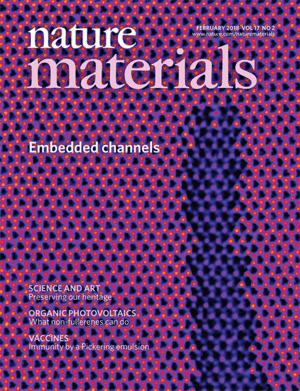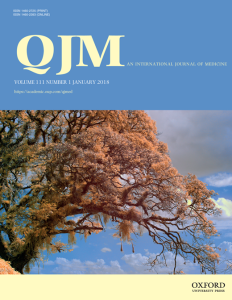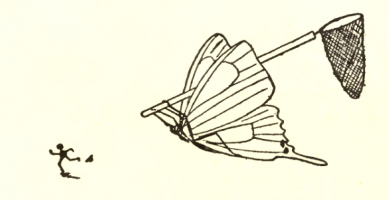 As many of our readers will know, we’ve been having serious technical issues with the site. We’re cautiously optimistic that they’ve been solved, so although we’re still working on fixes, we’re going to try posting again. Thanks for your ongoing patience.
As many of our readers will know, we’ve been having serious technical issues with the site. We’re cautiously optimistic that they’ve been solved, so although we’re still working on fixes, we’re going to try posting again. Thanks for your ongoing patience.
This week, we posted at our sister site, Embargo Watch. Here are those posts:
- “Major advance” in solar power retracted for reproducibility issues
- Should a journal retract a paper the authors didn’t know contained bad data?
- Author retracts Nature paper on Asia’s glaciers flagged for data error
- Six days after publication, paper is flagged. By day 11, it’s retracted.
And here’s what’s been happening elsewhere over the past few weeks: Continue reading Weekend reads: We’re back! (We hope); the data thugs; heroes of retraction
 The authors of a highly cited 2016 research letter on a way to improve the efficiency of solar panels have retracted their work following “concerns about the reproducibility.”
The authors of a highly cited 2016 research letter on a way to improve the efficiency of solar panels have retracted their work following “concerns about the reproducibility.” A medical journal has
A medical journal has  A glacier researcher has retracted a Nature paper after mistakenly underestimating glacial melt by as much as a factor of ten.
A glacier researcher has retracted a Nature paper after mistakenly underestimating glacial melt by as much as a factor of ten. Authors of a 2018 paper have retracted it after discovering “the conclusions in the article cannot be relied upon.”
Authors of a 2018 paper have retracted it after discovering “the conclusions in the article cannot be relied upon.”



